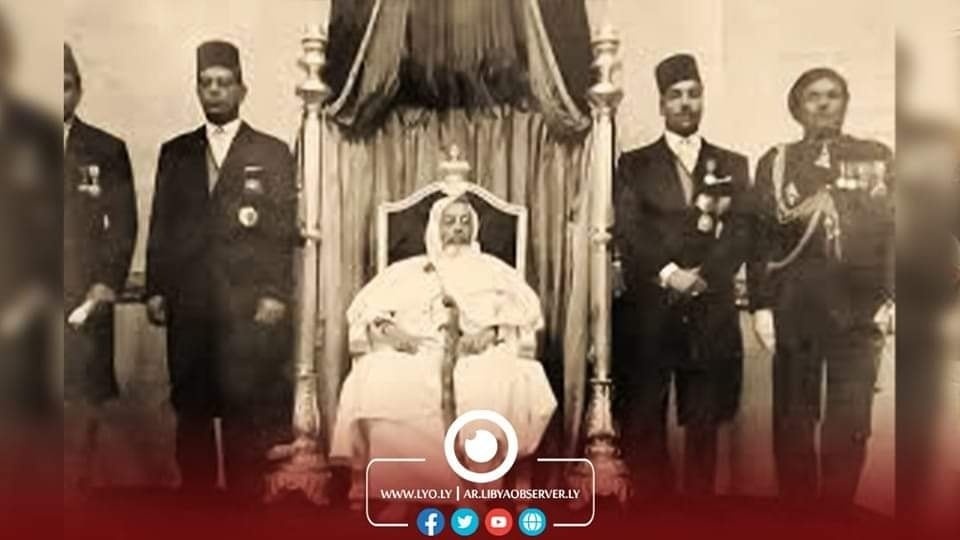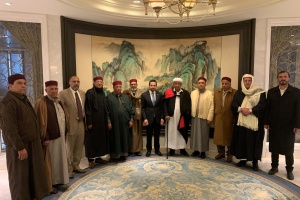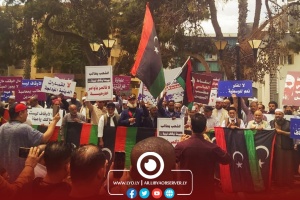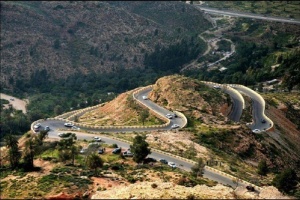Muhammad Al-Senussi, the son of Crown Prince Hasan Al-Senussi of Libya, has renewed his call for activating Libya's first constitution, introduced during the Kingdom's era, which was amended in the 60s of the last century.
In a recent statement, Al-Senussi, whom many of the monarchy supporters see as the legitimate heir to the Senussi Crown of Libya, said the suspension of the monarchical constitution led to the vacuum Libya is currently experiencing.
He said that the monarchy constitution was undertaken with full national conformity and guaranteed many fundamental freedoms, such as the right for women to vote, which was absent in other developed countries at the time.
Al-Senussi sees that after the 2011 uprising, there was no realistic approach to the constitutional issue, as the parties failed to create a favourable atmosphere for consensus, which their ancestors succeeded in achieving under the monarchy rule.
He considered that restoring the constitutional legitimacy that was the base for the foundation of the Libyan state is crucial for rebuilding the country under the present exceptional circumstances.
Al-Senussi called on Libyans to benefit from the "successful historical experiences," which managed to achieve independence following a bitter struggle fought by their ancestors.
"The monarchy established a democratic parliamentary system that preserved freedoms and rights," Al-Senussi added, explaining that no one template fits all countries, as some chose the republic system while others went for the monarchy.
"We want what suits our nature and provides citizens with the full opportunity to exercise their rights and duties, and with a quick look, we find that other developed countries such as Japan, Malaysia, Norway, Spain, Belgium, the Netherlands, the United Kingdom, and others, adopted the monarchy, while we do not see anyone describing them as reactionary."
In light of the political crisis suffocating the country, more voices are calling for the return to the monarchy constitution as a way out of the political impasse.





